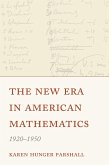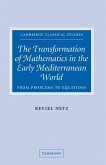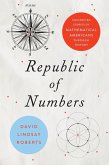In "A Guide to the Scientific Knowledge of Things Familiar," Ebenezer Cobham Brewer presents an insightful exploration of the scientific principles underpinning everyday phenomena. Written in the late 19th century, this work embodies a didactic literary style, blending clear, accessible prose with engaging anecdotes and detailed illustrations. Brewer meticulously categorizes and elucidates diverse subjects'Äîfrom natural history to psychology'Äîoffering readers a systematic approach to understanding the complexities of the world around them. This book situates itself within the Victorian era's burgeoning interest in science and education, as it bridges the gap between popular science and the scholarly study of the natural world. Brewer, a noted lexicographer and author, was motivated by a desire to democratize knowledge and make science approachable for the general reader. His background in literature and extensive experience in the field of education informed his belief that scientific literacy was crucial for the societal progress of his time. As Brewer sifted through both popular and academic sources, he sought to present scientific concepts in a manner that would resonate with everyday individuals, reflecting the era's cultural movement towards enlightenment. I highly recommend "A Guide to the Scientific Knowledge of Things Familiar" to readers interested in the intersection of science and daily life. Brewer's work serves not only as a foundational text for students but also as a captivating reference for any curious mind seeking to deepen their understanding of the natural world. Its timeless insights continue to inspire and educate, making it a valuable addition to any collection.
Dieser Download kann aus rechtlichen Gründen nur mit Rechnungsadresse in A, B, BG, CY, CZ, D, DK, EW, E, FIN, F, GR, H, IRL, I, LT, L, LR, M, NL, PL, P, R, S, SLO, SK ausgeliefert werden.









